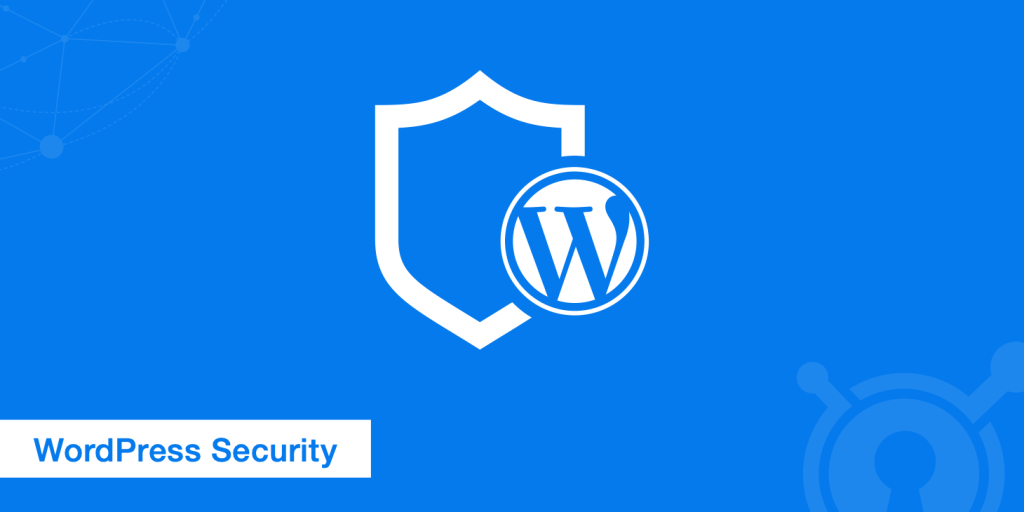
7 WordPress Security Attacks You Must Know
WordPress, a widely-used open-source Content Management System (CMS), powers 60% of all websites. Despite its popularity, being open-source allows for extensive customization, making it susceptible to security vulnerabilities. Based on the Common Vulnerability Score, 8 out of 10 WordPress sites face a medium or high security risk. To prevent security breaches, it’s crucial to grasp the common threats and adopt effective defense measures. This blog provides an overview of prevalent WordPress security attacks.

Table of Contents
Common WordPress Security Threats
Security Threat #1: Brute-force
In a brute-force attack, malicious entities employ automated password generators to guess login credentials.
Basic defense: Utilize robust passwords. Refer to our Knowledge Base article for recommendations on generating strong passwords.
Security Threat #2: Cross-Site Scripting (XSS)
This hacking technique involves injecting malicious code from user input into web pages, potentially extracting sensitive information and affecting website functionality.
Basic defense: Filter user input rigorously wherever a website receives it, based on expected or valid input.
Security Threat #3: SQL Injection
Malicious SQL statements are injected via unsanitized user input, allowing attackers to tamper with data and extract sensitive information.
Basic defense: Scan your site for SQL injection vulnerabilities using online tools like Sucuri SiteCheck.
Basic defense: Scan your site for SQL injection vulnerabilities using online website scanning tools like Sucuri SiteCheck.
Security Threat #4: Backdoor
A backdoor is malicious code providing a hidden way to bypass a website’s login or authentication process.
Basic defense: Ensure your server has updated antivirus and firewall protection. Keep WordPress and associated plugins updated with the latest security patches.
Security Threat #5: Denial-of-Service (DoS) attacks
These attacks render a website inaccessible. Distributed Denial-of-Service (DDoS) attacks, for instance, overwhelm a site’s network connection by sending traffic from multiple sources.
Basic defense: Use a reputable Content Delivery Network (CDN) like Cloudflare to mitigate or prevent these attacks.
Security Threat #6: Phishing
Attackers impersonate legitimate companies, typically via email, to obtain personal information directly from targets, using it for hacking or fraud.
Basic defense: Employ spam filters to detect and prevent malicious emails.
Attackers use the phishing technique to impersonate a legitimate company, typically via email, in order to obtain personal information directly from the target. The attacker then uses the information to hack the site or commit fraud.
Basic defense: Spam filters can detect and prevent most malicious emails from reaching users’ inboxes.
Security Threat #7: Hotlinking
This technique involves linking directly to a website’s assets, depleting its server resources. Using a plugin or CDN can protect media files.
This is a technique where a website links directly to the targeted website’s assets, such as video or image files, in order to increase SEO ranking or to feature media without using their own server resources or bandwidth. For example, if website B hotlinks to website A’s featured image, and website B receives a lot of traffic on the page with the image, website A’s server resources are depleted, potentially affecting website A’s performance.
Basic defense: Use a plugin or Content Delivery Network (CDN) such as Cloudflare to help protect your media files.Conclusion
Conclusion
Understanding various security threats is crucial. Address potential vulnerabilities by:
- Keeping WordPress updated.
- Removing unused or outdated themes/plugins.
- Changing the default admin login page (/wp-admin) to thwart brute-force attacks.
Conduct a thorough security audit or seek assistance from A2Hosting Guru Crew to enhance your WordPress site’s security.
For Hosting refer this URL – Cheap Hyderabad Web Hosting | Hyderabad Hosting Affordable Windows Linux Hosting Hyderabad – WebHostingHyderabad
